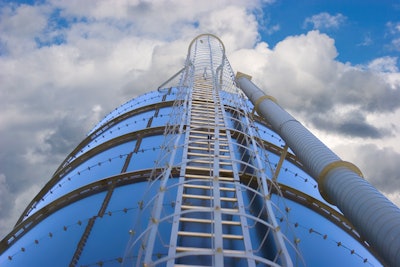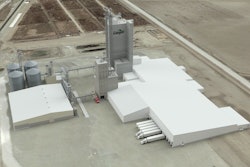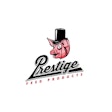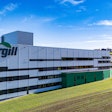
Devon, England-based Mole Valley Farmers Ltd. has opened a newly upgraded feed mill in Lifton, after a GBP4 million (US$5 million) investment.
The investment boosts the company’s manufacturing capabilities by improving the mill’s raw material storage capacity and enabling feed production to increase by around 20,000 tons to a total of 135,000 tons a year.
The project, on the Devon and Cornwall border, involved the construction of 12 new 70-ton raw material bins and seven new 8-ton mini bulk handling bins, resulting in a total on-site storage capacity of between 900 to 1,000 tons.
“The investment will allow us to hold greater stocks of raw material,” said Mole Valley CEO Jack Cordery. “We’ve also focused on our environmental impact. What we are seeking to do is become the most efficient feed manufacturing business out there.”
The increased storage will ensure a resilient supply of animal feed with the upgrade also enhancing diet formulation accuracy, as well as improving efficiency and reducing manufacturing costs.
“This investment will secure the site for many years to come,” Cordery said. “It is the heart and jewel in our crown in terms of what it can do. The insecurity in global supply chains, made worse by the invasion of Ukraine, has meant getting raw materials and supply into our feed business, to make the highest quality feed we can, has at times been challenging.”
In addition to the GBP4 million investment, a further GPB250,000 has been invested in upgrading the process control system to the most modern available, delivering new levels of automation and efficiency within the manufacturing process.
Construction at the Lifton Feed Mill began in May 2022 and took approximately 12 months to complete.
The upgrade also improves the environmental impact of the site, which is cleaner, with less noise, fewer truck movements and reduced dust.
Director of Agri Operations Kevin Singleton, who oversaw the project, said it involved 1,000 tons of concrete and more than 230 tons of steel.
“This investment puts us on a really strong footing for continued feed production for many years to come,” he said. “It enables us to maintain our position as a low-cost operator whilst at the same time ensuring we produce and provide our farmers with the highest-quality animal feed backed up by excellent levels of customer service.”














